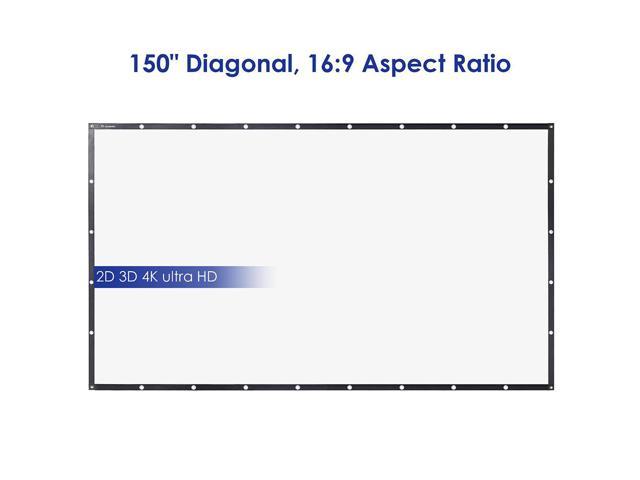Excerpt from Report and Proceedings of the Committee of the Legislative Council: Appointed of Consider the Documents Relative to Harbor of Refuge in Table Bay, June, 1859
The President, Mr. Jarvis, Mr. De Wet, LL.D., Mr. Mosenthal. Mr. Barry, Your committee beg leave to report that they were anxious to avail themselves of the evidence of A. T. Andrews, Esq., the engineer appointed by Government to superintend the construction of the harbor of refuge in Table Bay; but regret to have to inform the Council that the arrangements entered into with that ofl‘icer are of such a nature as to preclude the committee from having the benefit of his professional Opinion in the various plans submitted for the improvement of the port, without his having first officially communicated with Mr. Goode, in England, even if his Excellency the Governor should desire him to draw up a plan without such reference. It is the opinion of your committee that much valuable time will be saved, and the preliminary works of quarrying, &c., sooner commenced, if the instructions under which Mr. Andrews thinks he is bound to act are rendered of a less stringent nature.
Your committee have, however, examined the colonial engineer, Mr. Scott Tucker, Mr. Skead, and the acting port captain and have also referred to the numerous plans of the projectors, and all seem to point to the absolute necessity of such an important work as the breakwater in Table Bay not being any longer delayed.
About the Publisher
Forgotten Books publishes hundreds of thousands of rare and classic books. Find more at www.forgottenbooks.com
This book is a reproduction of an important historical work. Forgotten Books uses state-of-the-art technology to digitally reconstruct the work, preserving the original format whilst repairing imperfections present in the aged copy. In rare cases, an imperfection in the original, such as a blemish or missing page, may be replicated in our edition. We do, however, repair the vast majority of imperfections successfully; any imperfections that remain are intentionally left to preserve the state of such historical works.















